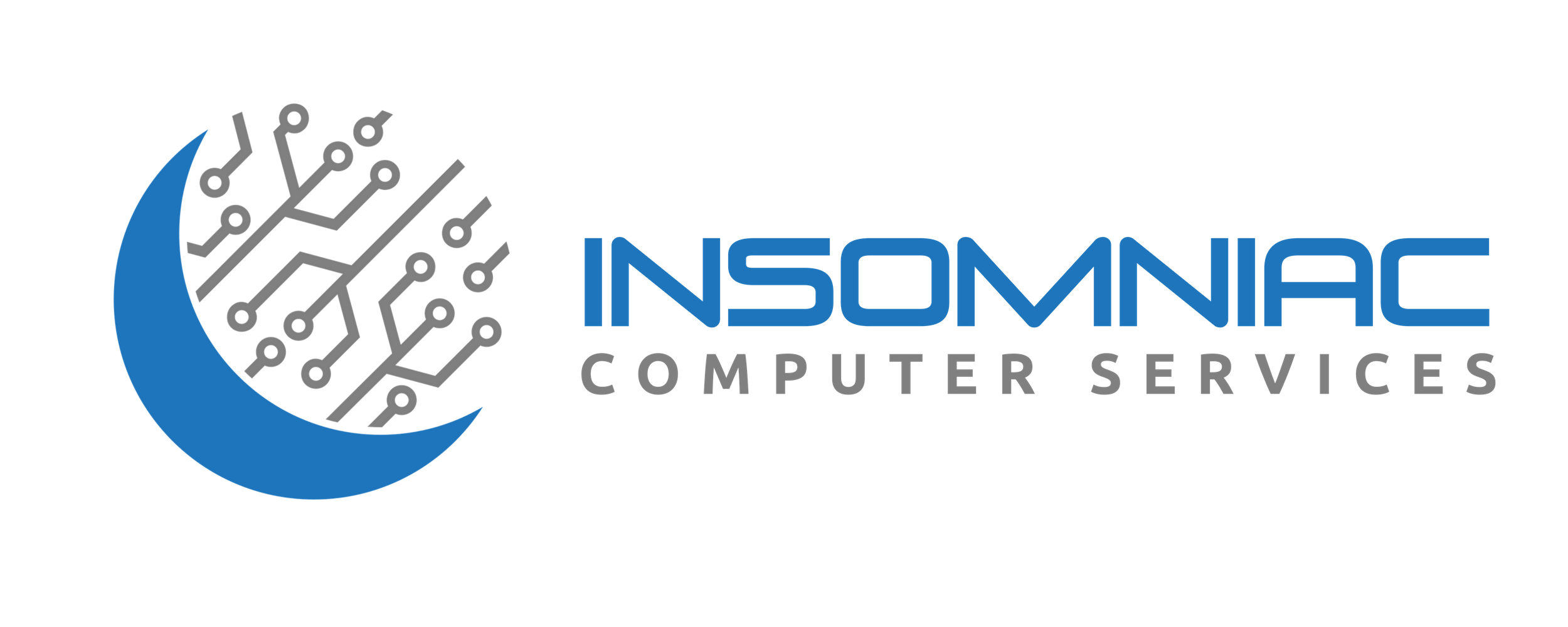Basics of Computer Security
Image via www.vpnsrus.com
In a time when security breaches are in the news every few months, it is pretty clear why computer security is important. Unfortunately, most people out there that are not computer security professionals get mixed messages about what actions are most important to maintain a secure computer. Add to that the tendency for people to procrastinate when it comes to basic maintenance tasks for their computer, and you get a computer that is vulnerable to attacks.
Many of the news-worthy hacks that have occurred recently were, believe it or not, executed using exploits to known vulnerabilities to which a patch was available. That’s right – the vulnerable software’s manufacturer had acknowledged a defect and released an update to fix the issue months before the high-profile attack occurred. WannaCry spread in May using an exploit to a vulnerability that was patched by Microsoft in March, and Equifax was hacked using an exploit to a vulnerability that Apache had patched in March as well. Those who fell victim in these attacks could have protected themselves if they had followed the most basic computer security best practices – They were what I like to call the “low-lying fruit.”
So how do you keep yourself from being the “low-lying fruit?” That is easier than you might realize. Here’s a quick run-down of the best ways to keep your computer (and your private information) safe while you are on the internet:
Update, update, update!
Too often a notification pops up telling us that we have updates waiting to be installed. That pesky pop-up is interrupting important work! Too many people hastily click whatever is closest to a “not now” button and go on with their lives. What that pop-up is really saying is “I have a fix to a security issue that is now public knowledge. Hackers are very possibly writing exploits to this vulnerability at this very moment.” Don’t procrastinate – Take a break to stand and stretch while your computer applies the patch. Your data and your muscles will both thank you.
Antivirus or Don’t
That’s right – I’m leaving 3rd party antivirus as an optional item. What is important, however, is that you either use the product and keep is up-to-date (don’t let your subscription expire) or that you uninstall it altogether. Microsoft provides free antivirus software for Windows 7 and newer, and actually has it built-in to Windows 8 and newer. When you install a 3rd party product (or when the manufacturer/reseller installs a trial version of a 3rd party product), that product disables the built in Windows Defender product. Once the trial or paid subscription period expires, the product stops working effectively, but does not reactivate the free, built-in product. Of course not – they want your subscription money! If you’re not going to keep your subscription up-to-date, uninstall it and make sure Windows Defender (or Microsoft Security Essentials for Windows 7) is on and up-to-date. This product also gets updates through Windows Update, so when you let your computer apply updates you are getting antivirus updates as well.
Password Best Practices
There is actually a lot to be said about best practices for passwords. The first step, of course, is to pick one. Be sure to set a custom password on all of your devices (such as wireless routers) so that they are not left the factory default. Make your password long enough and complex enough so that it is difficult to crack (check out this article for a neat interactive tool). Don’t use the same password for different types of sites or different sites that could be used to login to each other (your bank password shouldn’t match your Facebook or E-mail passwords, and vice-versa). Change your passwords periodically so that the password that was uncovered in the last big breach isn’t still working for the hackers who stole it. Now that you have 68 passwords that are changing every few months, don’t just write them on post-it notes that you stick to your computer screen. Use a password manager like DashLane to remember those passwords for you.
There is a lot more to computer security than what is listed here, but if you use this as your starting point you’re much less likely to fall victim to a hacker. Hackers have enough easy targets out there – Make sure you’re a challenge for them and they’ll move on to the next target rather wasting too much of their time.

